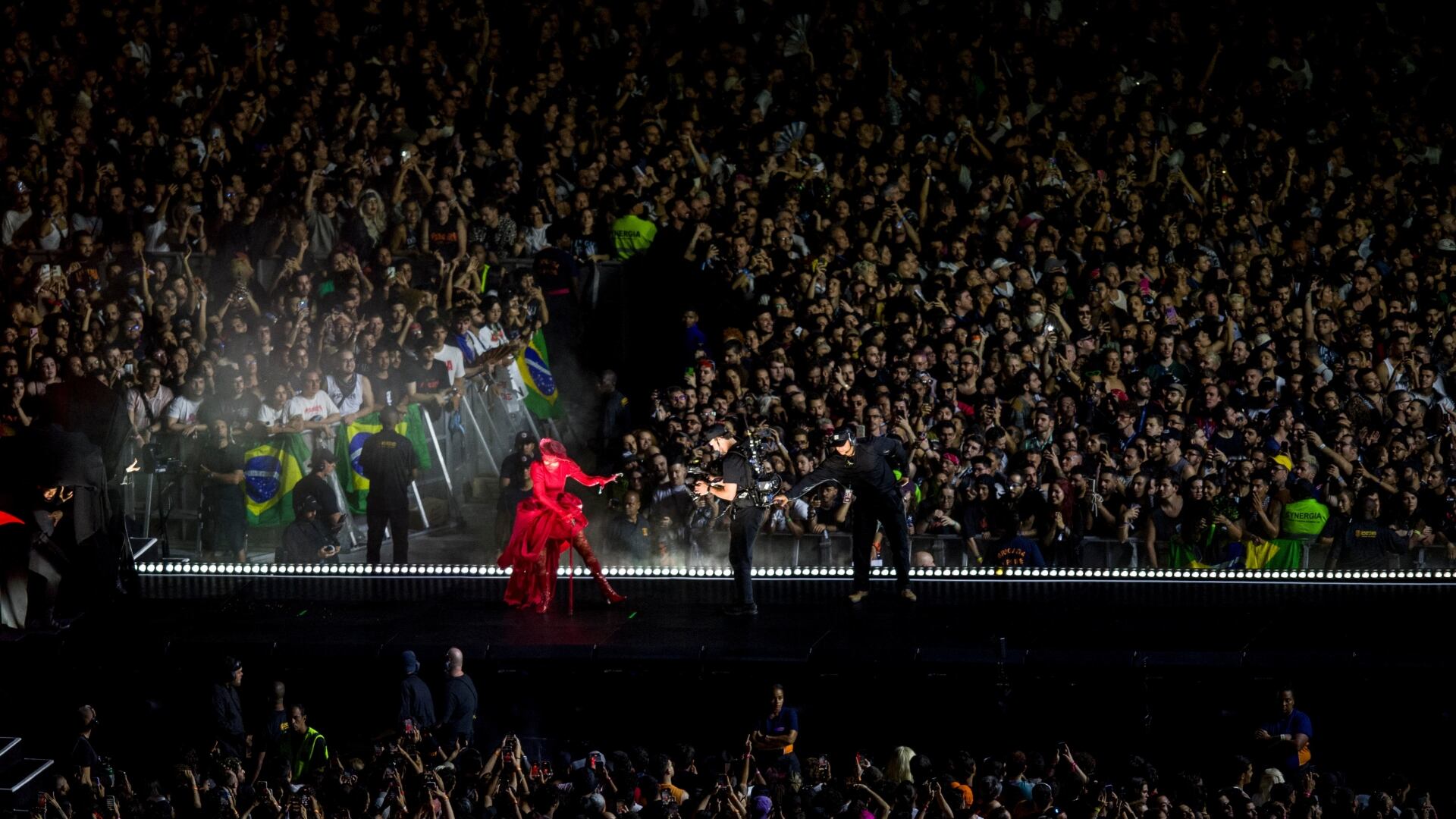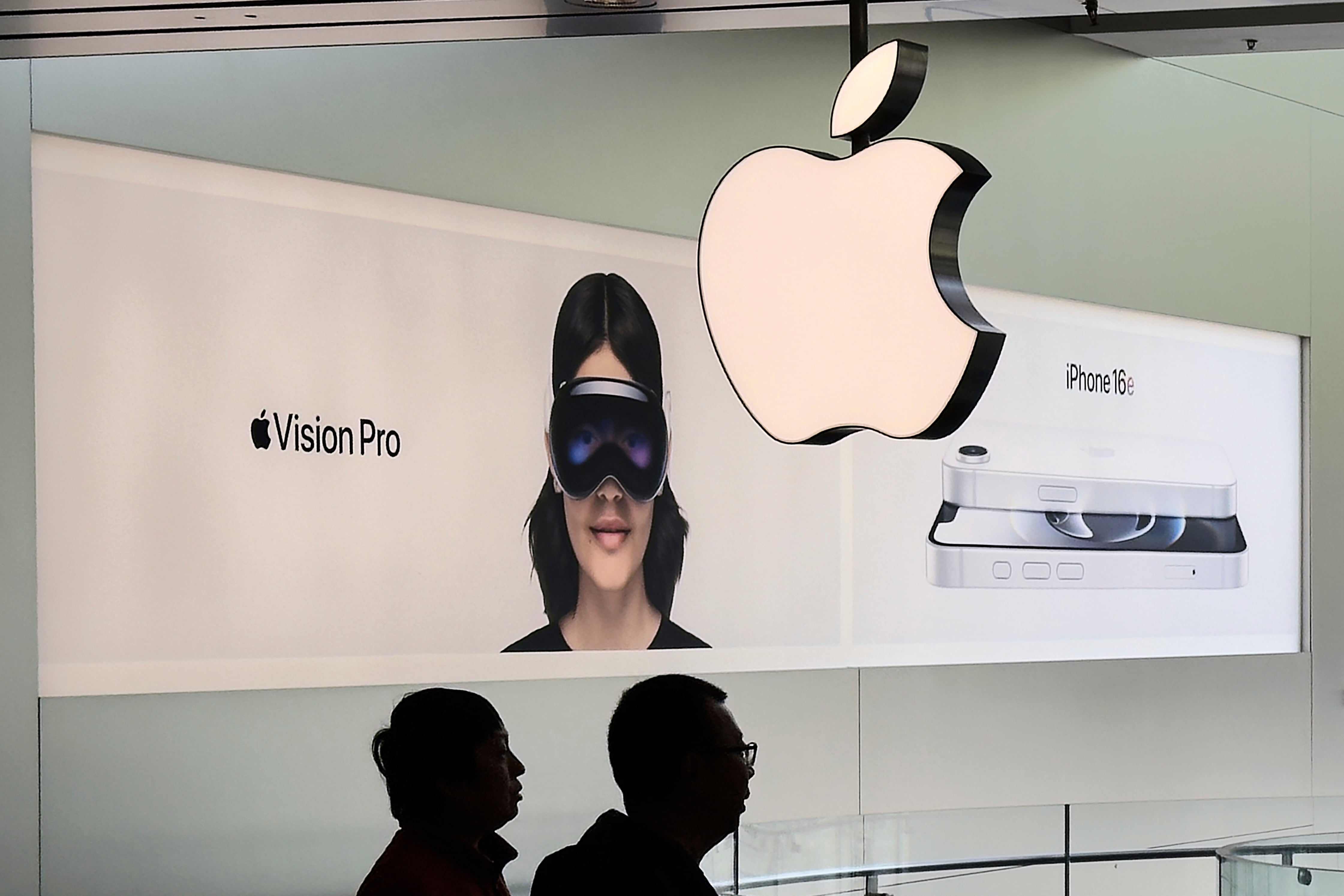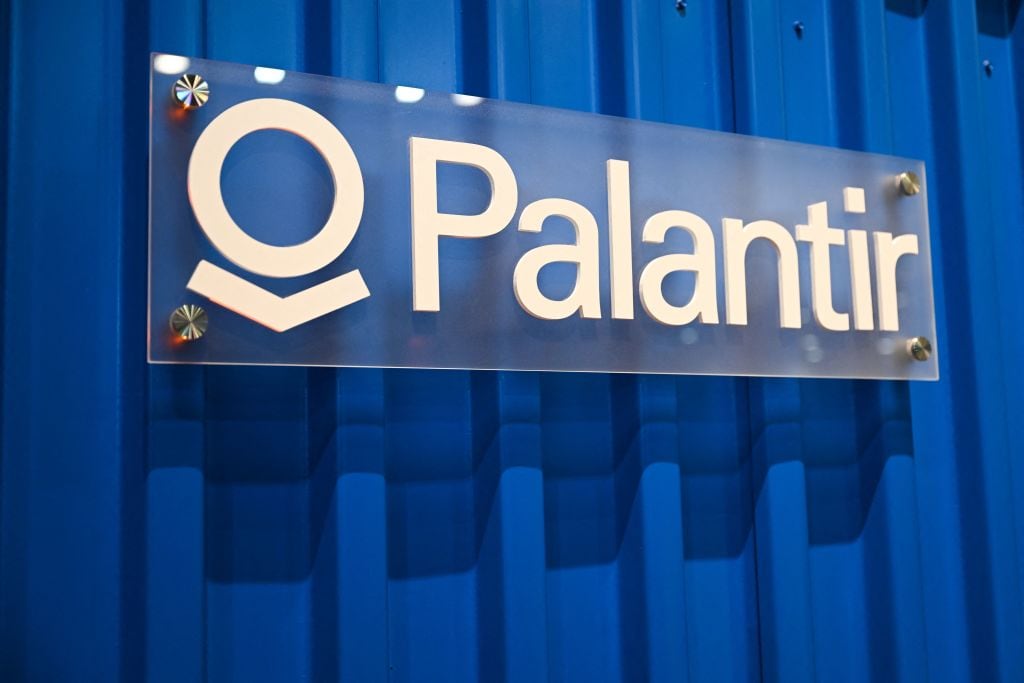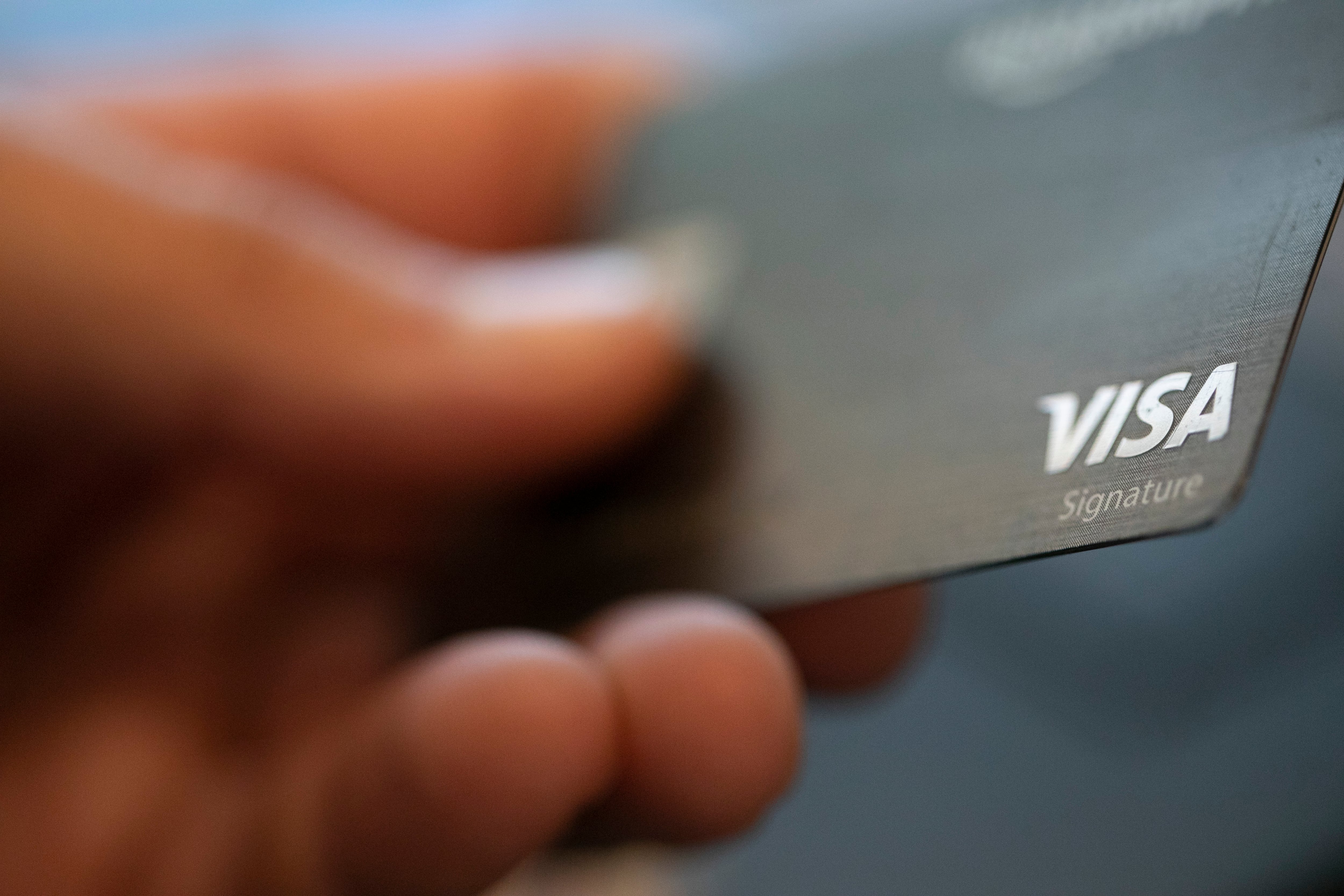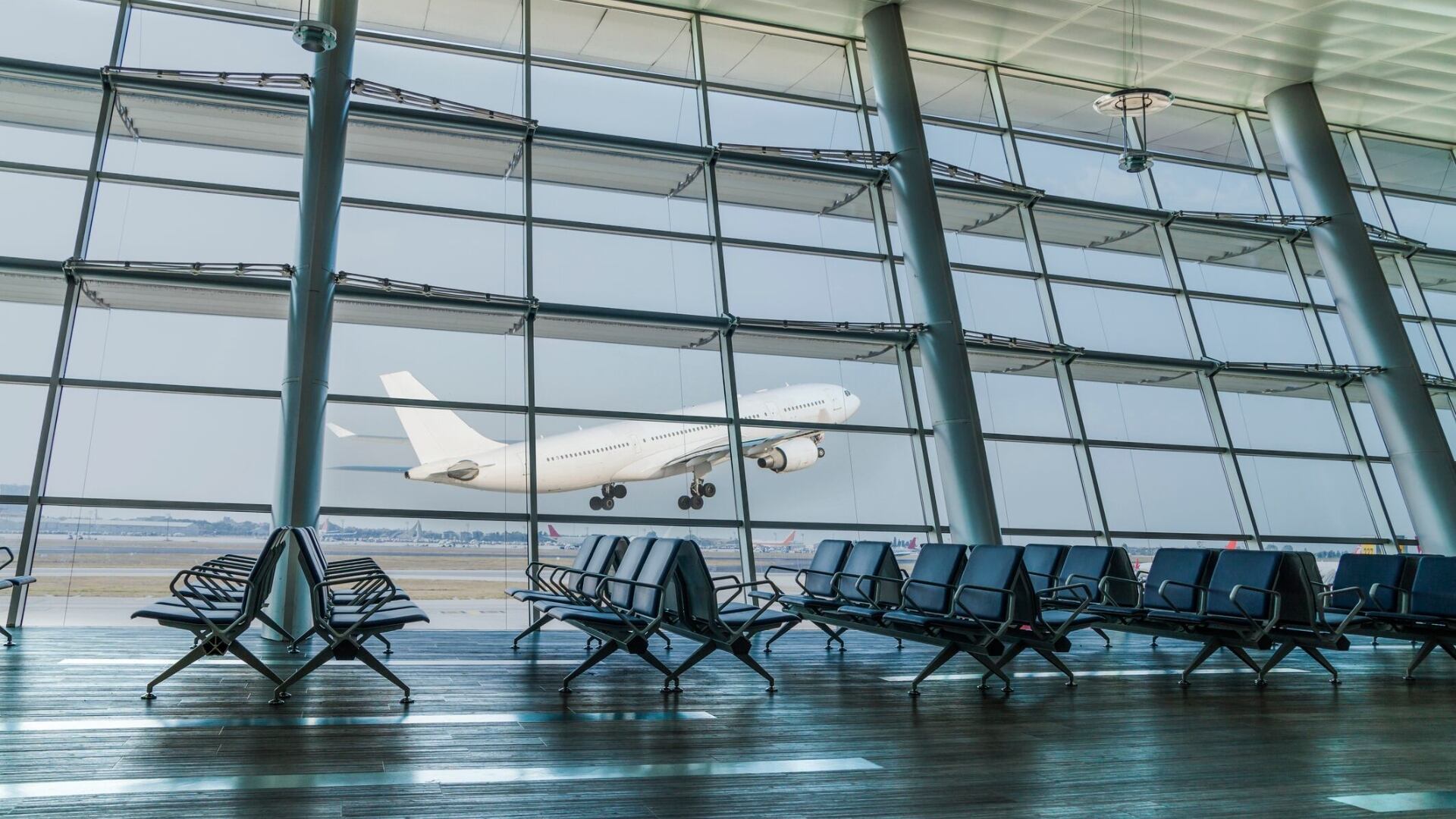More retailers are getting into the business of seamless shopping by implementing cameras that track items and tabulate the cost, making the customer experience swift, efficient, and headache-free by removing waiting lines.
Circle K convenience stores are in for a makeover, through a partnership with autonomous checkout company Standard Cognition.
"We're trying to constantly look for things to make our customers' lives a bit easier every day," Magnus Tägtström, head of global innovation at Circle K, told Cheddar.
While similar technology has been used at stores like Amazon Go, Standard Cognition's priority, according to CEO Jordan Fisher, is making the customer experience as simple as possible while protecting their identities.
"We have a no facial recognition policy. It's a bright red line for us," Fisher told Cheddar. "As a computer vision company, as a company that leverages cameras, it's incredibly important for us that we're doing this in a principled way."
When it comes to accuracy, Tägtström said each location in a Circle K store is visible by at least three cameras, making it easier to account for items removed or set back in place.
The approach taken by Circle K and Standard Cognition to offer an easier shopping experience by solely using cameras, according to Fisher, is more cost effective and less time consuming than other brands that typically need to remodel their stores to accommodate the new technology.
"It's the same stores that their shoppers know and love; it's the same products — really the same experience, just without the lines," he said.

